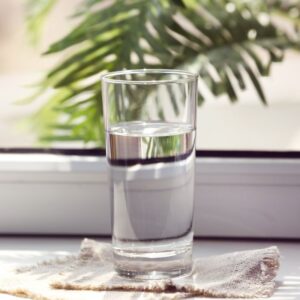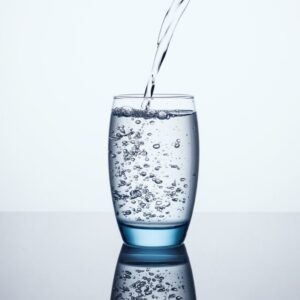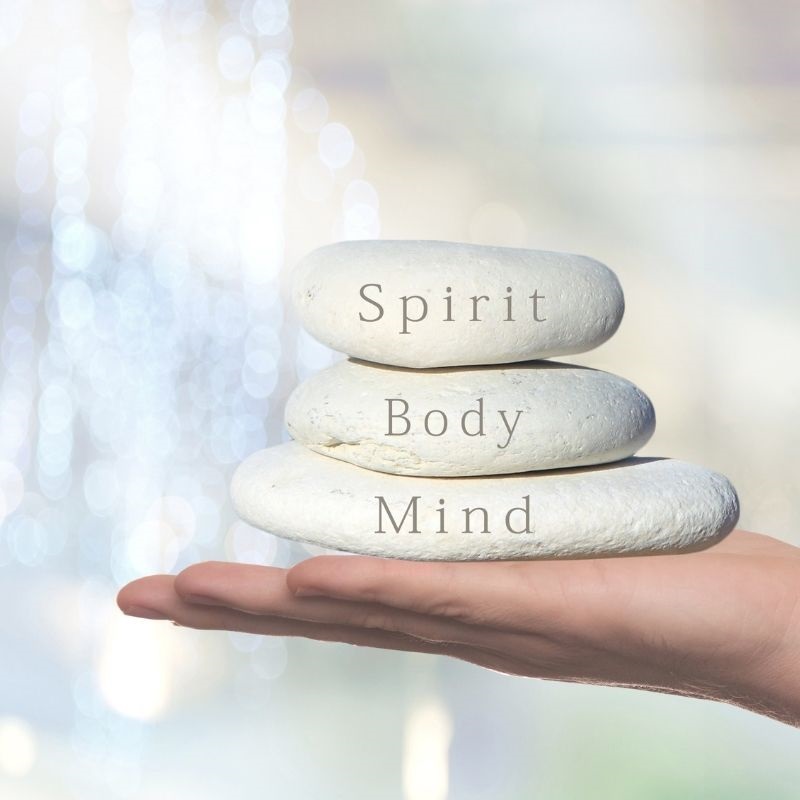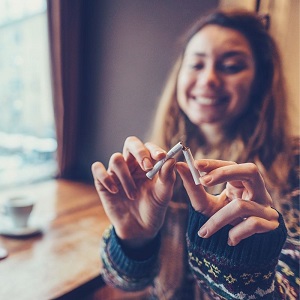 You’re undoubtedly aware that you need enough sleep and water to keep healthy. However, you may be unaware of how closely the two are linked. Yes, there is a link between sleep and dehydration.
You’re undoubtedly aware that you need enough sleep and water to keep healthy. However, you may be unaware of how closely the two are linked. Yes, there is a link between sleep and dehydration.
Adults who get 6 hours or less of sleep per night are up to 59% more likely to be dehydrated than those who get 8 hours of sleep per night, suggests a new study from Pennsylvania State University.
Researchers believe vasopressin is one of the fundamental causes. This hormone regulates water balance and rises during the late phases of sleep.
If you skip those hours, your kidneys cannot retain adequate fluid.
This is only one example of how fluid consumption and sleep interact. Learn more about the everyday routines that can help protect your mental and physical health.
Sleeping Patterns:
1. Plan Your Sleep. One of the most effective strategies to improve the quality and quantity of your sleep is to go to bed and wake up at the same time every day.
By improving your body’s natural rhythms, you can reduce your risk of sleeplessness and dehydration.
2. Experiment with Nasal Breathing. Each night, the average adult loses roughly one liter of fluid.
You can significantly reduce that quantity by inhaling through your nose rather than your mouth. It is beneficial to lie on your back with your head slightly lifted.
3. Take a Break. A heated bedroom also leads to moisture loss, so reduce the temperature in your bedroom.
You’ll save energy and probably fall asleep faster as a result.
Habits of Hydration:
 1. Spread Your Intake. Drink one ounce of water for every pound of body weight.
1. Spread Your Intake. Drink one ounce of water for every pound of body weight.
It is simpler to sip throughout the day. Celery, strawberries, and tomatoes are also acceptable.
2. First, Drink Some Water. Begin your day with a large glass of water.
It will assist in replacing some of the fluid you lost overnight.
3. Put off Coffee. That glass of water will most likely wake you up just as effectively as your usual cup of coffee, so keep the latte for later.
Caffeine can disrupt sleep, especially after consuming it after 2 p.m.
4. Rehydrate After Exercise. Water is usually enough to replace the fluids lost at the gym.
Sports drinks may be acceptable for lengthy periods of intensive exercise, but read the labels to see how much sugar and calories are in them.
5. Drink in Moderation. Alcohol is the only beverage that dehydrates you.
Drink carefully and avoid alcoholic beverages close to bedtime.
6. Avoid Sugar. Dehydration makes you need sweets, yet sugary beverages are harder for your body to absorb.
Stick to water that is unflavored or has flavors that come from its natural sources if you are trying to monitor your weight.
7. Reduce Your Sodium Intake. A high-sodium diet increases your chances of dehydration.
Processed foods and bread are two key sources, so consume them sparingly.
Do Sleeping Problems arise from Dehydration Video:
More Suggestions:
1. Address Nocturia. If you go to the bathroom three or more times per night, you may have nocturia, often known as nighttime urine.
Drinking less water to try to regulate it can backfire because your pee gets more concentrated. Instead, seek medical attention.
2. Avoid Cramping. Another physical sign of dehydration that may keep you up at night is stiff muscles.
In addition to water, consider stretching and massage daily.
3. Consult Your Doctor. Your family doctor can help you with inquiries regarding hydration, sleep, and other health concerns.
This may include the consequences of any chronic conditions or medications you are concerned about.
The Connections Between Sleep and Dehydration!
Improve your health by increasing your energy levels.
Understanding the connection between hydration and sleep can assist you in making daily decisions that will improve the quality of your life.





